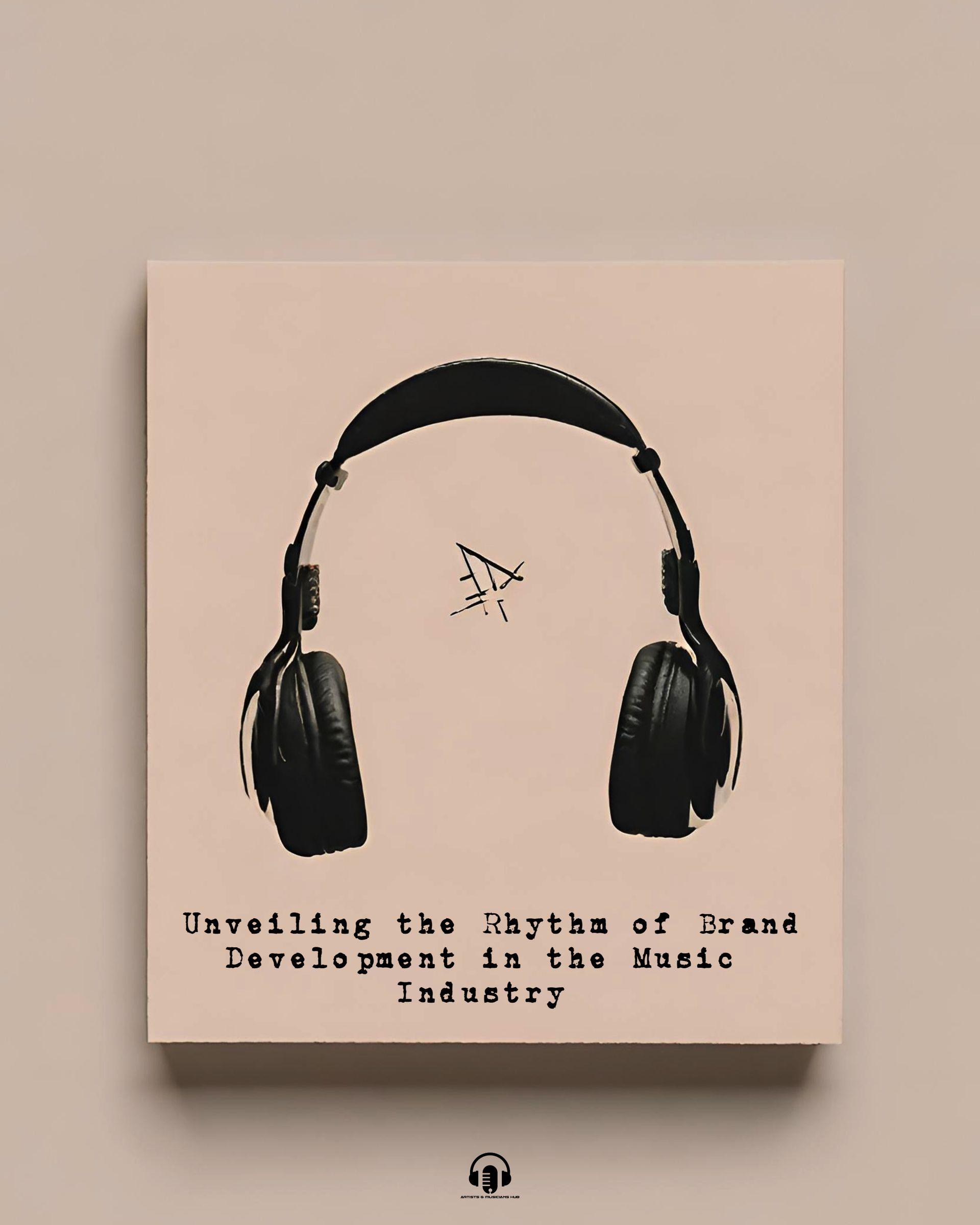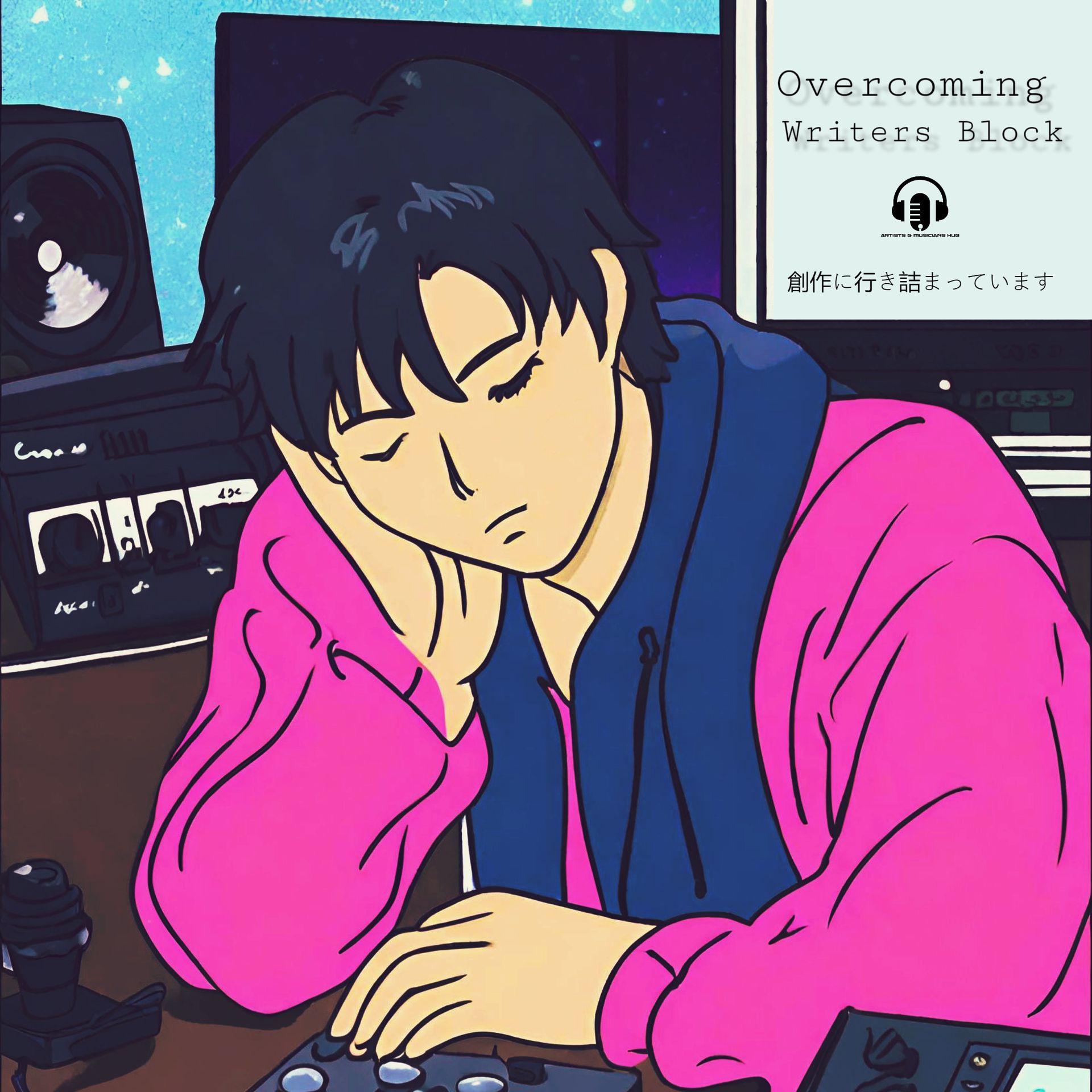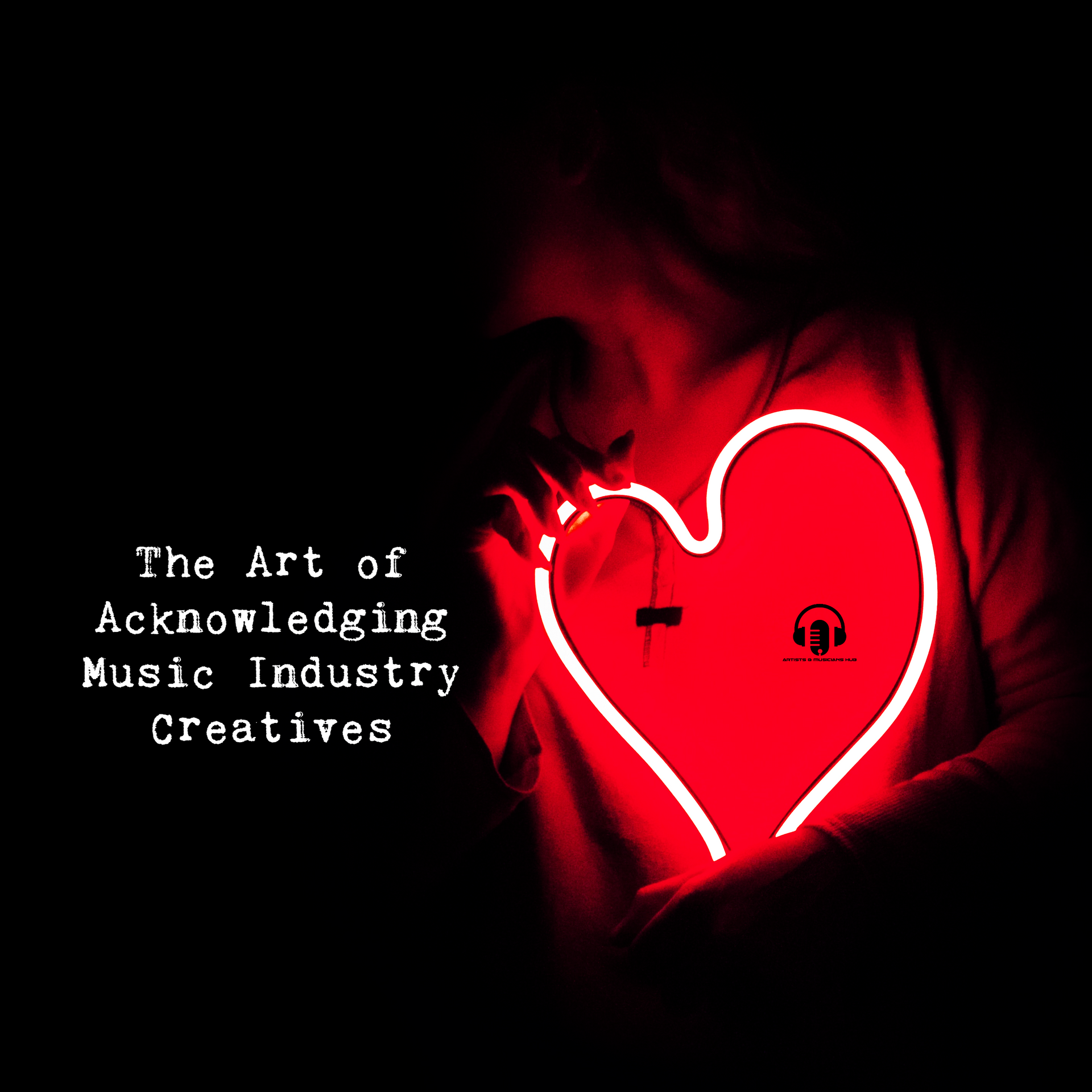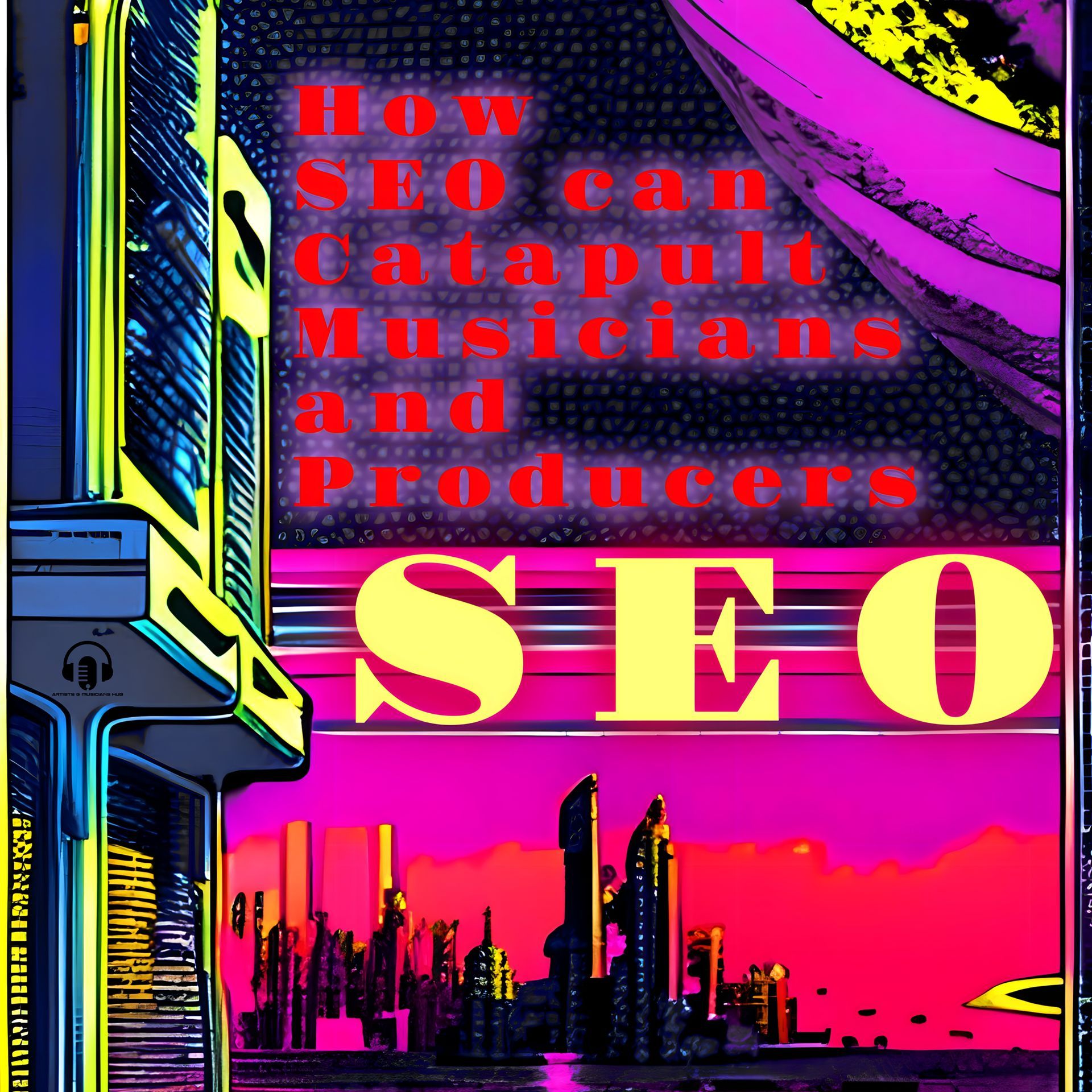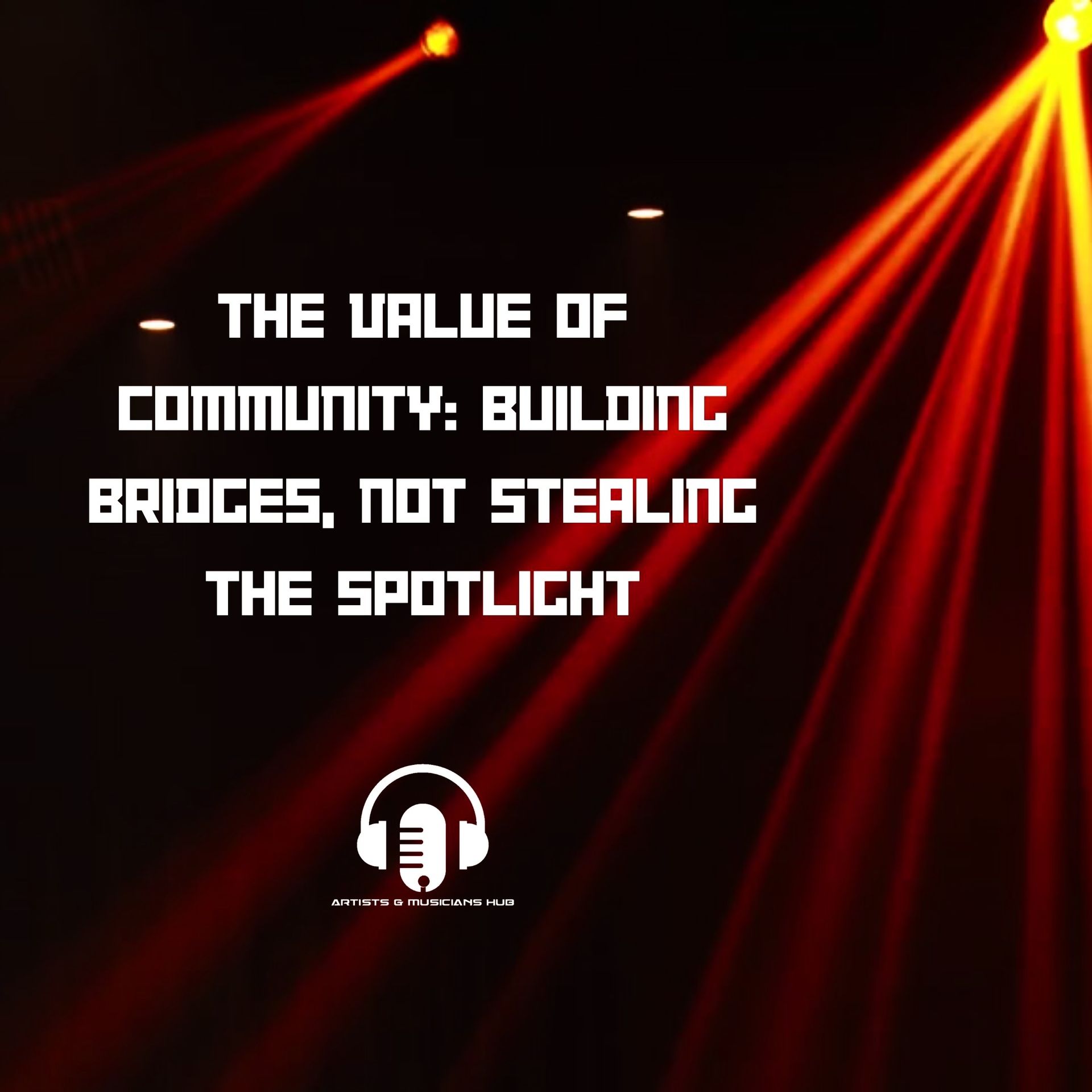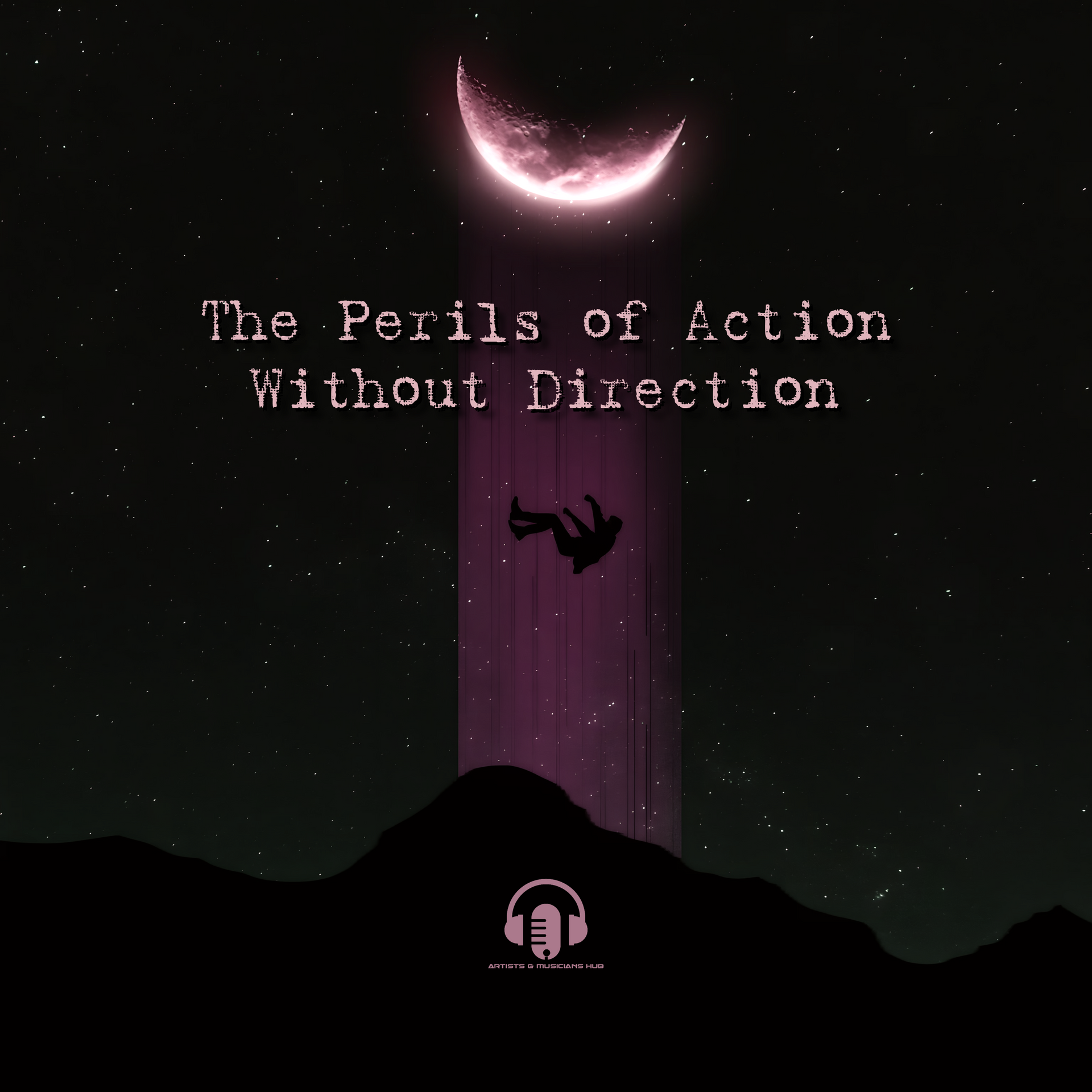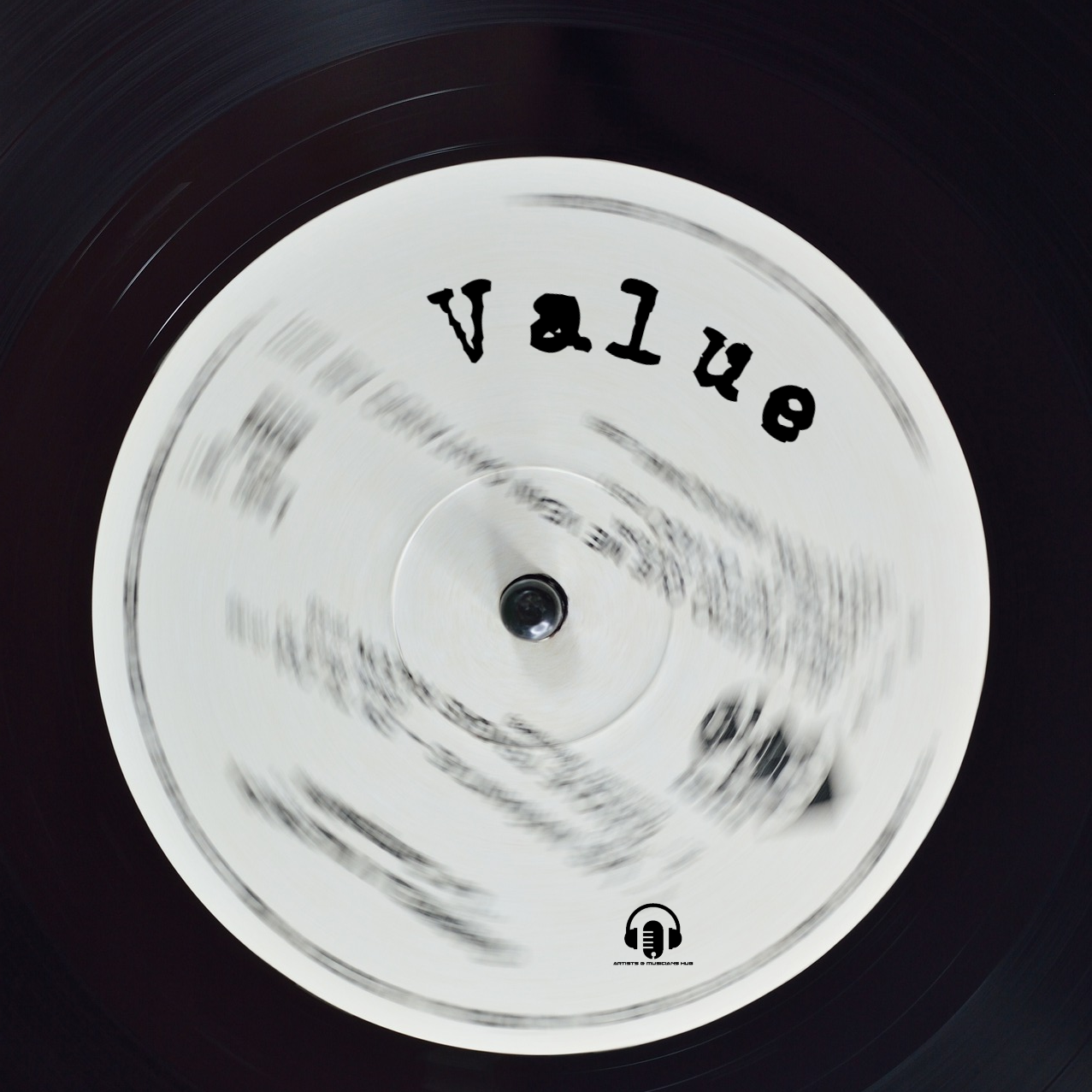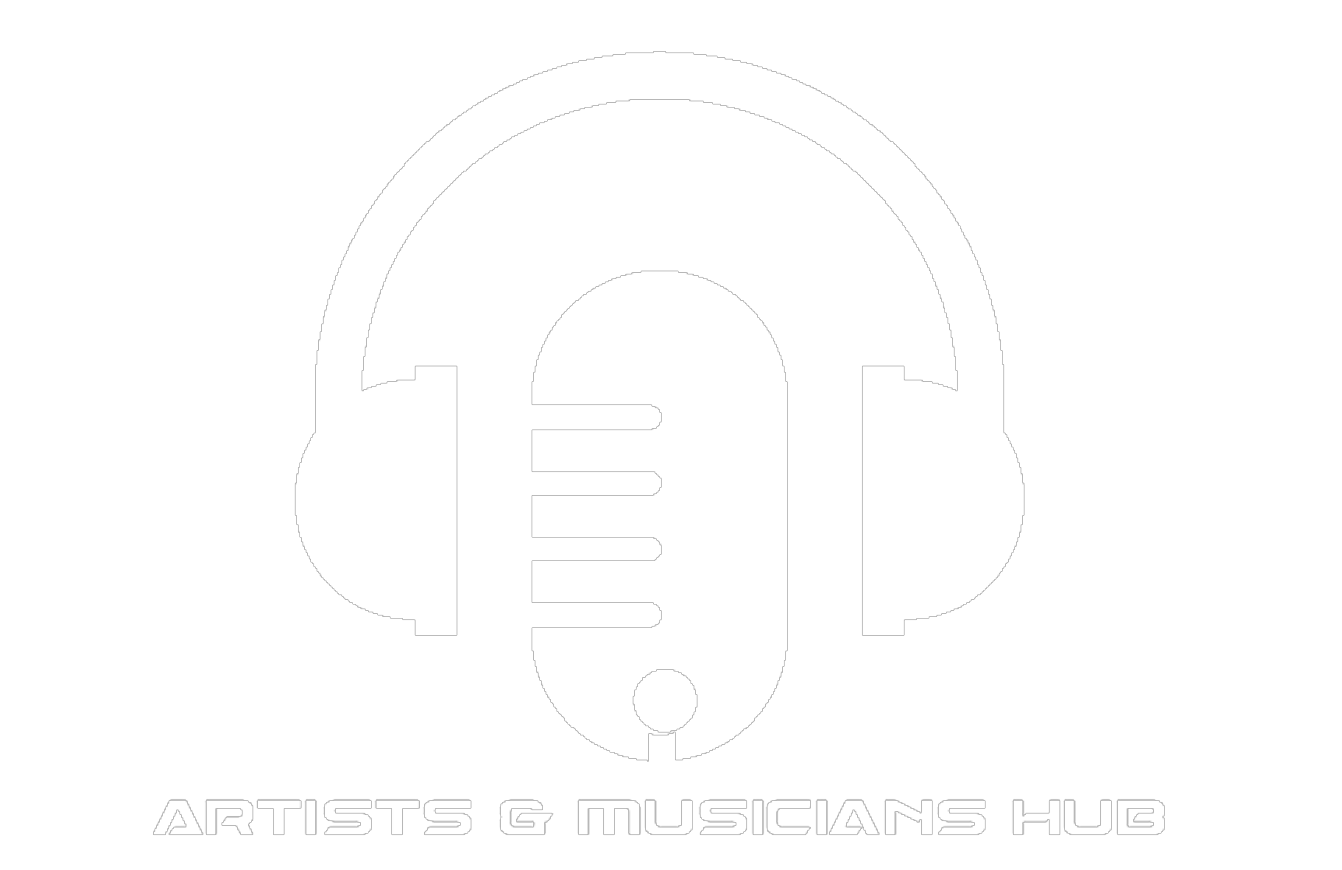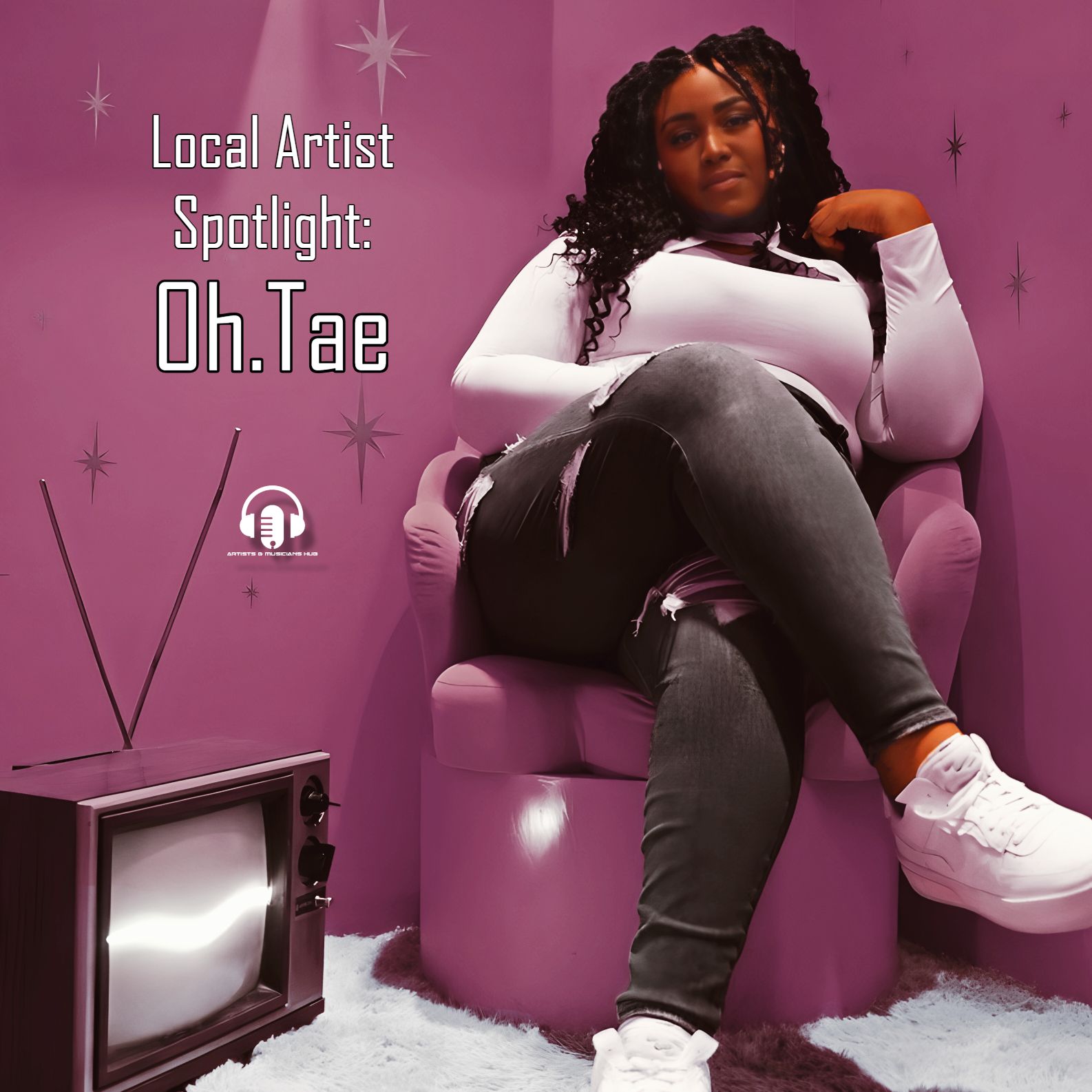Demystifying Music Licensing
A Comprehensive Guide to Different Types of Music Licenses
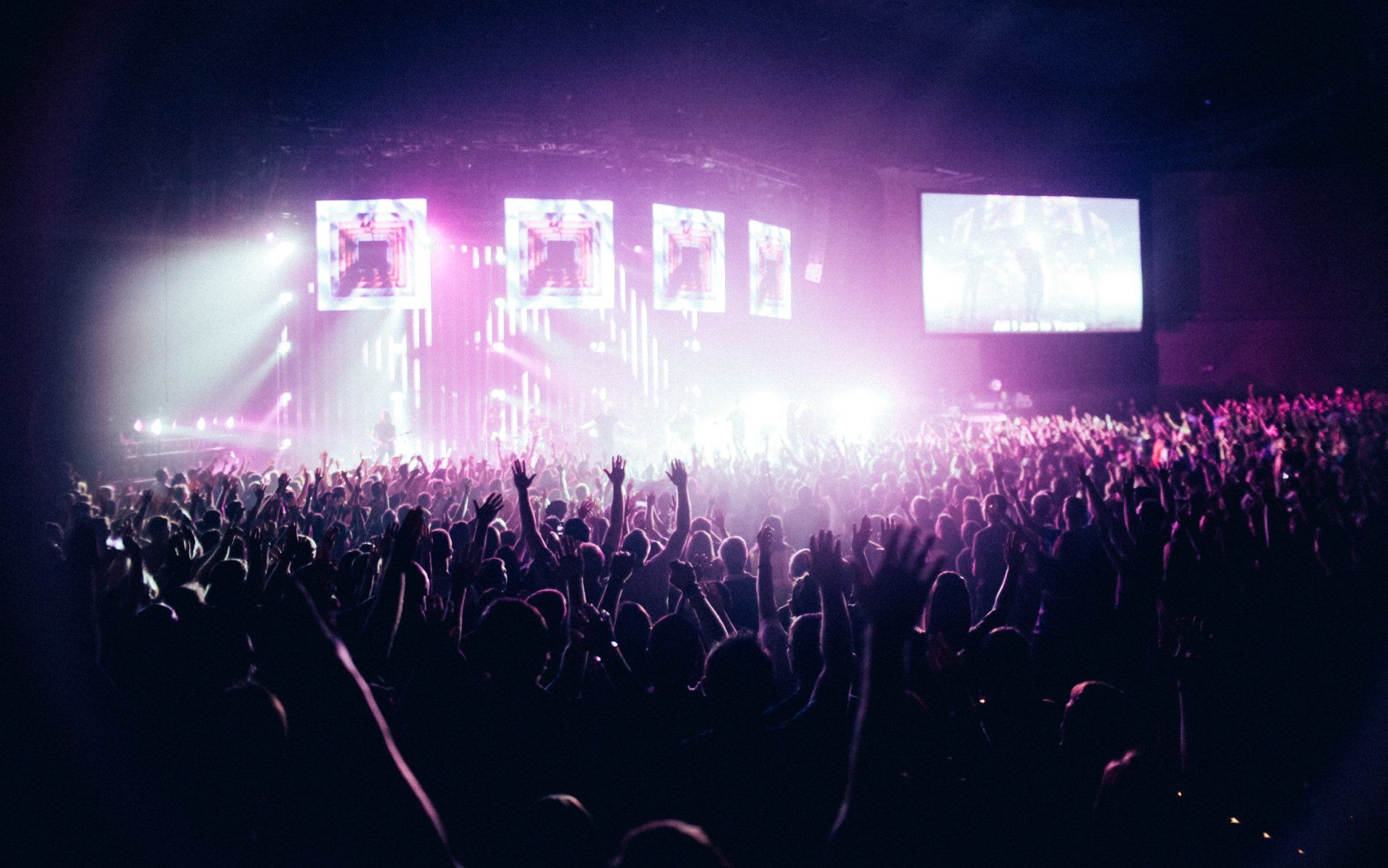
In the unique realm of the music industry, artists and creators must navigate a complex web of legalities to protect their work and ensure they receive fair compensation for their art. Central to this endeavor is understanding the various types of music licenses, each serving a distinct purpose. This comprehensive guide will shed light on the six major categories of music licenses: Mechanical, Sync, Master, Public Performance, Print Rights, and theatrical.
Mechanical License
Unlocking the Melody: The Mechanical Licensing Story
Picture this: your favorite artist releases a new song, and you can't resist the urge to record your cover version and distribute it on a digital platform. In this scenario, you'll encounter the mechanical license, which grants you the right to reproduce, distribute, or record copyrighted music.
Let's break down the essence of a mechanical license:
1. Reproduction Rights: When an artist creates a new piece of music, they automatically own the copyright to that composition. This includes the lyrics, melody, and musical arrangement. As a result, anyone who wants to reproduce this music in any form, whether it's on a CD, vinyl record, or in a digital format, must obtain a mechanical license. This license authorizes the licensee (you, in this scenario) to make copies of the copyrighted work.
2. Distribution Rights: Beyond making copies, the mechanical license also grants you the right to distribute these reproductions. This distribution can take various forms, from selling physical copies to making the song available for download or streaming on digital platforms. In essence, it allows you to share your cover version with an audience.
3. Recording Rights: Another crucial facet of the mechanical license is its role in enabling the recording of copyrighted music. If you plan to record a cover version of a song, you'll need this license to ensure that your recording adheres to copyright law. It's not just about singing along; it's about producing a recording that can be shared and enjoyed.
Why It Matters
The mechanical license isn't just a legal requirement; it's a vital tool for preserving the rights and creative integrity of songwriters and composers. By obtaining a mechanical license, you're not only complying with copyright law, but you're also compensating the original creators for their work.
For artists, obtaining a mechanical license for covering someone else's song is a way to pay homage to their musical influences and share their interpretation with a broader audience. It's a bridge that connects new artists with the musical legacies that inspire them.
Sync License
Setting the Scene: The World of Sync Licensing
Imagine a thrilling movie scene featuring a dramatic car chase. What would it be without a fitting soundtrack? Sync licensing makes this possible. A sync license allows the use of music in synchronization with visual media like films, TV shows, advertisements, video games, and more.
Let's dive into the heart of sync licensing:
1. Music Enhancing Visuals: In countless instances, music has the power to elevate the impact of visual storytelling. Whether it's the gripping soundtrack that intensifies a movie's suspense or the catchy jingle that sticks with you long after an ad, music plays a pivotal role in enhancing the viewer's experience. A sync license facilitates this collaboration, allowing a song to become an integral part of the visual narrative.
2. Broad Application: Sync licensing is incredibly versatile, extending its reach across a spectrum of media. It can encompass placing a song in a climactic movie scene, infusing a TV commercial with an infectious tune, or immersing players in a captivating soundtrack within a video game. From the silver screen to the digital realm, sync licensing knows no bounds.
3. Creativity Meets Business: Beyond its artistic dimension, sync licensing is also a business transaction. It involves negotiations and agreements between artists, composers, publishers, and the creators of visual content. The process ensures that the creators of the music are compensated fairly for the use of their work, while filmmakers, advertisers, and game developers gain access to the perfect sonic backdrop for their projects.
Why Sync Licensing Matters
Sync licensing is the lifeblood of many creative industries. It bridges the gap between auditory and visual storytelling, creating memorable moments that resonate with audiences. The right song can evoke emotions, underscore tension, or inject humor into a scene, leaving a lasting impression on viewers.
For musicians and composers, sync licensing presents a unique opportunity to showcase their work to a broader audience and generate revenue from their creations. It's a testament to the enduring relationship between music and the moving image, and it's the reason we remember the soundtrack of our favorite movies and commercials long after the credits roll.
Master License
Mastering the Music: A Glimpse into Master Licensing
Within the vast music landscape, you'll come across the master license. This license provides authorization to use a specific recording of a song, distinct from the underlying composition itself. It's often essential for those seeking to use an existing recording in their projects.
Deciphering the Master License
To understand the significance of a master license, it's essential to distinguish between two fundamental elements of a musical composition: the underlying musical composition itself and a specific recording of that composition.
The master license pertains to the latter—the actual recorded version of a song, which is distinct from the underlying musical composition. This license grants authorization to use this specific recording in various projects, from films and TV shows to commercials, video games, and more.
Key Aspects of Master Licensing:
- Ownership: The master license typically belongs to the owner of the sound recording, which is often the record label that produced the recording or, in some cases, the artist themselves. It's important to note that this ownership is separate from the copyright of the underlying musical composition, which may belong to the songwriter or music publisher.
- Scope of Use: When obtaining a master license, the licensee (the entity seeking to use the recording) gains the rights to use the recording for specific purposes and within predefined parameters. These may include the duration of use, territory, and the medium in which the recording will be used (e.g., broadcast, streaming, physical media).
- Compensation: Just like sync licensing, the use of a recording under a master license involves negotiations regarding compensation. The terms of payment typically consider factors such as the intended use, the prominence of the recording within the project, and the commercial potential of the project.
Why Master Licensing Matters:
Master licensing is indispensable for those who wish to incorporate existing recordings into their creative projects. Here's why it holds such significance:
- Access to Iconic Recordings: Master licensing provides access to iconic and well-known recordings. Filmmakers, advertisers, and content creators often seek these pre-existing tracks to enhance the emotional impact of their work or to tap into the nostalgia associated with certain songs.
- Efficiency: Rather than commissioning a new recording of a song, master licensing allows for the use of an existing, professionally produced track, saving time and resources.
- Preservation of Artistic Intent: Using the original recording ensures that the artistic intent and nuances of the song are maintained, as opposed to re-recorded versions that may not capture the same essence.
Public Performance License
Let the Music Play: Public Performance Licensing Unveiled
Whether it's the radio, a live concert, or your favorite coffee shop playlist, music is frequently shared with the public. These public performances require a public performance license, which authorizes the public use of copyrighted music, and ensures that songwriters and composers receive fair compensation.
Understanding Public Performance Licensing
At its core, a public performance license is a legal instrument that grants the authorization for the public use of copyrighted music. It serves as a foundational pillar of the music industry, ensuring that songwriters, composers, and copyright holders are compensated fairly when their musical creations are shared and enjoyed by the masses.
The Essence of Public Performance License:
- Public Use: The term "public performance" encompasses a wide spectrum of scenarios where music is shared with an audience beyond personal or domestic settings. This includes but is not limited to radio broadcasts, live concerts, music played in restaurants, shopping malls, sporting events, and even elevator music.
- Fair Compensation: One of the primary objectives of public performance licensing is to guarantee that the creators of music are compensated for the use of their work. Songwriters and composers rely on these royalties to earn a living and continue their creative pursuits.
- Protecting Intellectual Property: Public performance licensing plays a pivotal role in safeguarding the intellectual property rights of musicians and composers. It ensures that their creative output is protected and valued, discouraging unauthorized use and piracy.
How Public Performance Licensing Works:
When a venue or entity intends to publicly perform music, they must obtain the appropriate public performance license. These licenses are often managed and granted by performing rights organizations (PROs), such as ASCAP, BMI, and SESAC in the United States. These organizations act as intermediaries between music users and copyright holders, streamlining the licensing process.
Why Public Performance Licensing Matters:
Public performance licensing is the backbone of a fair and sustainable music industry. Here's why it holds such paramount importance:
- Compensating Creativity: Musicians, songwriters, and composers invest their time, talent, and creativity into crafting music that resonates with audiences. Public performance licenses ensure that they receive due compensation for their artistic endeavors.
- Diverse Musical Landscape: Public performance licensing encourages the diversity and richness of music in public spaces. It allows for a broad spectrum of music to be shared and enjoyed, from classical compositions to contemporary hits.
- Promoting Live Music: Licensing live performances, including concerts and music festivals, helps artists and event organizers generate revenue, supporting the thriving ecosystem of live music experiences.
Print Rights License
Visualizing Sound: The World of Print Rights Licensing
Ever purchased sheet music to learn your favorite song on the piano or guitar? This brings us to print rights licensing. These licenses govern the creation, distribution, and sale of printed music, including sheet music and songbooks. This critical license ensures that musicians and composers receive royalties when their music is published in print form.
Understanding Print Rights Licensing
At its essence, print rights licensing is a legal mechanism that regulates the usage of copyrighted music in printed or written form. This encompasses a wide range of materials, from individual sheet music pieces to comprehensive songbooks that compile an artist's entire repertoire. The primary objective of print rights licensing is to ensure that musicians, composers, and copyright holders are fairly compensated when their musical compositions are published and distributed in print.
Key Aspects of Print Rights Licensing:
- Creation and Distribution: Print rights licenses grant individuals or entities the exclusive right to create, reproduce, and distribute printed versions of musical compositions. This process can involve transcribing music into sheet music, arranging it for different instruments, or compiling collections of songs into songbooks.
- Royalties: An integral component of print rights licensing is the payment of royalties to the creators of the music. Musicians and composers receive compensation based on the sales and distribution of their printed music. This financial support allows them to sustain their artistic pursuits.
- Protection of Intellectual Property: Print rights licensing serves as a vital guardian of the intellectual property rights of musicians and composers. It safeguards their creative output from unauthorized reproduction, ensuring that their work is respected and valued.
How Print Rights Licensing Works:
Individuals or entities seeking to publish or distribute printed music must secure the appropriate print rights license. These licenses are often managed and granted by music publishers or organizations specializing in music copyright and licensing. Composers, songwriters, and copyright holders rely on these licenses to protect their creative endeavors while allowing others to enjoy and perform their music.
Why Print Rights Licensing Matters:
Print rights licensing plays a pivotal role in the music ecosystem for several compelling reasons:
- Preserving Musical Heritage: By enabling the publication of sheet music and songbooks, print rights licensing preserves the musical heritage of diverse genres, ensuring that future generations can access and appreciate the compositions of the past.
- Supporting Music Education: Print rights licensing facilitates music education by making sheet music available for aspiring musicians and students. It empowers individuals to learn and perform their favorite songs while respecting copyright regulations.
- Fair Compensation: Print rights licensing ensures that musicians and composers receive rightful compensation when their work is published in print. This financial support allows them to continue creating music.
Theatrical License
The Show Must Go On: Navigating Theatrical Licensing
You're watching a captivating theatrical performance, and the soundtrack perfectly complements the drama on stage. Theatrical licensing comes into play when music is integrated into stage productions, including plays, musicals, operas, and ballets. This type of license is essential to secure the rights for live performances that require music.
Unraveling Theatrical Licensing
Theatrical licensing, in essence, is the legal framework that enables the seamless integration of music into stage productions. These productions encompass a wide range of artistic endeavors, from classic plays to enchanting musicals, operas dripping with passion, and ballets that dance their way into our hearts. Theatrical licensing ensures that the rights to use music in live performances are acquired and respected.
Key Aspects of Theatrical Licensing:
- Live Performances: Theatrical licensing primarily pertains to live performances within the realm of theater. It encompasses any situation where music is an integral part of a stage production, enhancing the storytelling and engaging the audience's senses.
- Securing Rights: Theatrical producers and directors must secure the necessary licenses to use specific musical compositions or songs in their productions. These licenses grant permission to perform the music in a theatrical context.
- Variety of Genres: Theatrical licensing covers an extensive spectrum of musical genres. From dramatic scores that intensify a scene's emotions to catchy tunes that make musicals memorable, it accommodates diverse musical styles.
How Theatrical Licensing Works:
The process of acquiring theatrical licenses can be multifaceted. It involves identifying the music required for the production, contacting copyright holders or music publishers, and negotiating the terms of usage. Licensing fees are typically determined based on various factors, including the popularity of the music, the size of the production, and the anticipated audience.
Why Theatrical Licensing Matters:
Theatrical licensing plays an indispensable role in the world of performing arts for several significant reasons:
- Artistic Expression: It allows theatrical creators to use music as a powerful tool for artistic expression. Music adds depth, emotion, and atmosphere to stage productions, enriching the audience's experience.
- Respecting Copyright: Theatrical licensing ensures that the intellectual property rights of composers and songwriters are upheld. It grants them due recognition and compensation for the use of their creative work.
- Diverse Storytelling: Theatrical licensing opens the door to a vast repertoire of music, enabling directors and producers to craft stories across various genres and time periods. This diversity enhances the versatility and richness of theatrical performances.
How Licenses are Granted
Music licensing isn't a one-size-fits-all process. Licenses are typically granted through specific licensing organizations, such as the American Society of Composers, Authors, and Publishers (ASCAP) and Broadcast Music, Inc. (BMI). These organizations work with songwriters, composers, and music publishers to ensure that artists receive the royalties they're entitled to when their work is used.
Why Music Licensing Matters
Understanding these various licenses is crucial for artists, content creators, and businesses alike. It ensures that creators are fairly compensated for their work, while those who wish to use copyrighted music respect the rights and intellectual property of artists and songwriters.
It's essential to emphasize that these licenses often overlap in different contexts. For instance, a film production may require both sync and master licenses to feature a specific song in its soundtrack. Similarly, a live theater performance will necessitate a theatrical license for a song's live rendition. These intricacies further highlight the importance of navigating the world of music licensing diligently.
Additionally, licensing can involve negotiations between rights holders (often record labels and publishers) and those seeking to use the music. The terms and conditions of the license, including the fees and scope of use, are typically outlined in a licensing agreement, ensuring that all parties understand their rights and responsibilities.
Conclusion
In the world of music, understanding the nuances of licensing is essential for artists, content creators, and businesses alike. Mechanical, sync, master, public performance, print rights, and theatrical licenses each serve a unique role in ensuring that artists are compensated fairly for their work and that creators can weave music seamlessly into their projects.
These licenses create a harmonious environment where artists can share their music, and creators can enhance their projects with the perfect soundtrack. By navigating the realm of music licensing with insight and respect for the rights of artists, we contribute to a thriving and vibrant musical landscape that benefits everyone involved.
